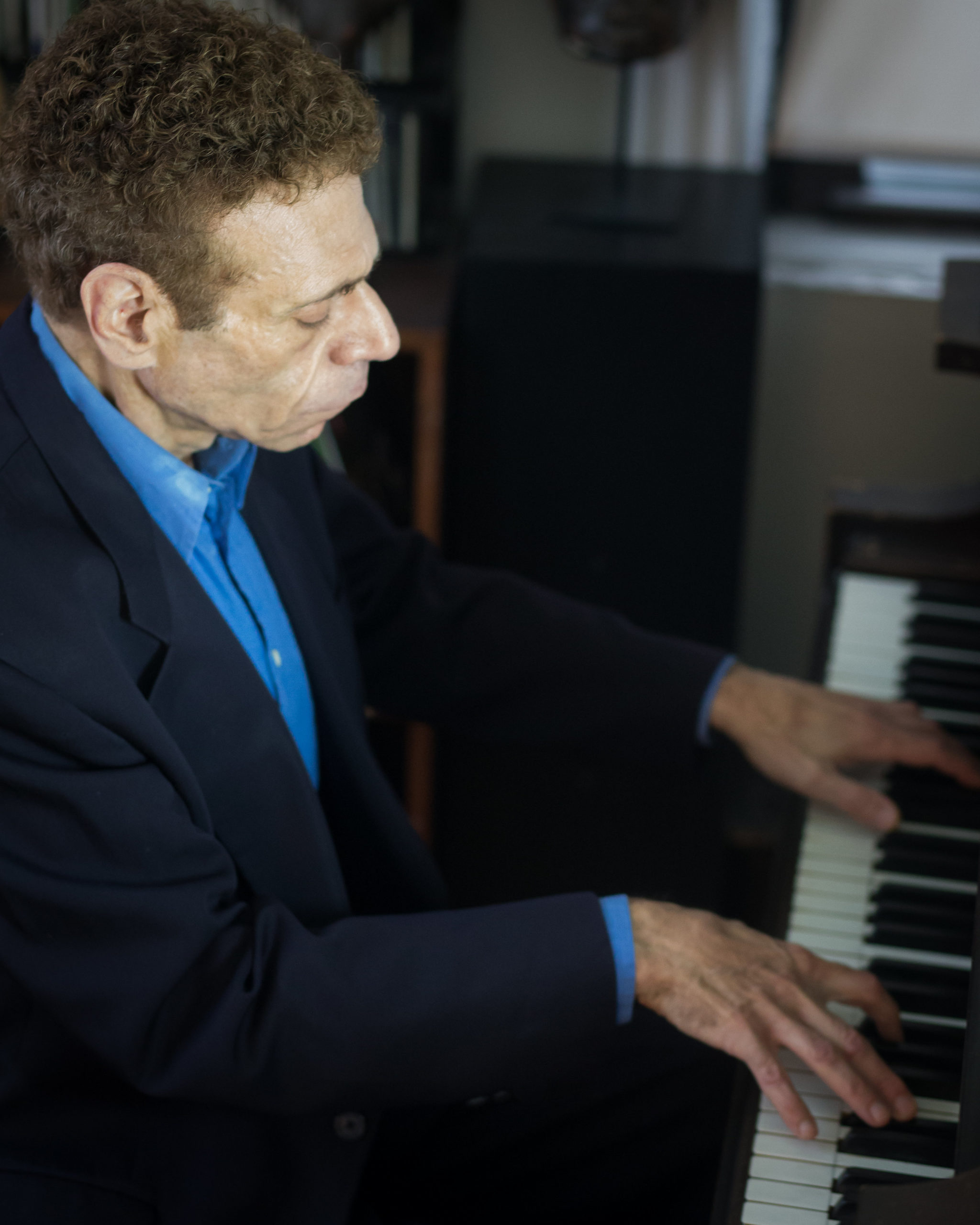Tell us about your journey to ABT.
Michael Cherry: In kindergarten, I started reproducing the music I’d heard on an upright piano. I still often prefer to play by ear in classes. Later I went to the Manhattan School of Music, and played for Dance Theatre of Harlem before Raymond Lukens and Franco De Vita introduced me to ABT in 2008. I started by playing for the ABT/NYU master’s program, then the Jacqueline Kennedy Onassis School.
In your time here at ABT, can you describe your experience playing for such a wide range of dancers?
MC: I’ve had a remarkable experience here for the past 10 years. I now play for all groups, and I have to say it has been wonderful working with a wide range of students from Pre-Primary to Studio Company. I also enjoy collaborating with various people because you receive different energies. It’s been thrilling to see the growth of company dancers such as Catherine Hurlin and Tyler Maloney, who were in one of the first JKO classes I taught here.
What are the differences between being a rehearsal or class accompanist versus a performance pianist, and do you prefer one to the other?
MC: As a class pianist, there’s a sort of discipline you learn. I concentrate on staying in timing where there aren’t any modulations to the speed of the music. I have to be aware that even though I am keeping a steady pace, it can’t sound dull either. Playing for class provides a lot more freedom than playing for a rehearsal. In that setting, it requires a lot of mental energy to be alert all the time and aware of all the starts and stops in the music. It’s a sort of compromise between the dancer and I as well because I have to consider the needs of the dancer, but also to what sounds and feels good musically. When performing solo, the only thing on my mind is the music and paying attention to certain nuances. With dancers, I have to focus on how the dancer and music go together as well as displaying the composer’s intent.
How much adaptability must you possess in your job and how does that affect you?
MC: Your ears must be malleable. You have to use all of your training, senses, and listening abilities. You need to be able to adapt to the personalities of different teachers and students, as well as the atmosphere or conditions of the room that day. I’ve also learned that you can’t come to class with any preconceptions about what will happen. Fluidity is important.
What do you wish more people knew about your profession?
MC: My job is therapeutic. As a musician, especially a pianist, you are often alone because you’re spending time practicing and composing. Working with dancers gives you an opportunity to communicate and break the isolation. Also, the pianist is an integral part of class. To me, class consists of three parts: students, teachers, and the accompanist, and it’s like a marriage of all three roles.
What are your plans for the future?
MC: My plans for the future are to continue playing for ABT and make more CD’s. I’m working on a website to sell my CD’s, and hopefully get them on another online platform such as Amazon.
 Michael Cherry. Photo: Junio Texeira.
Michael Cherry. Photo: Junio Texeira.